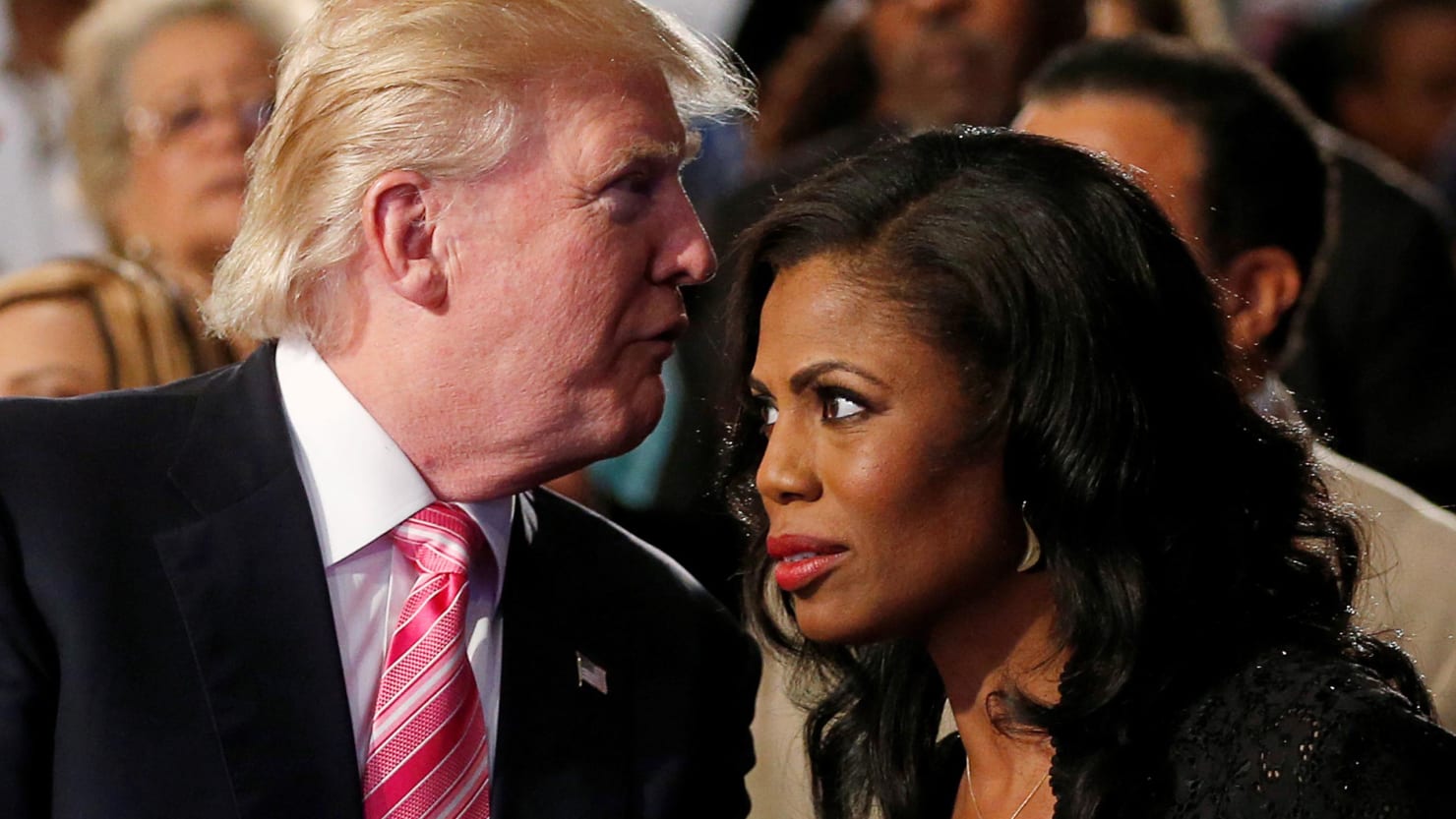The latest episode in the daily White House soap opera involves the release of the tell-all book Unhinged: An Insider Account of the Trump White House by 13-year Donald Trump associate Omarosa Manigault Newman (alias The Notorious OMN). As one would expect, the White House and various Trump surrogates have vilified Omarosa both for the content of the memoir of her days in the West Wing and her behavior, for example, bringing a recording device into the Situation Room during her meeting with Chief of Staff John Kelly at which her employment was terminated.
I will leave it to the journalists and critics to determine the veracity of her claims. Nor am I going to defend her violation of protocol using recording equipment in a designated Sensitive Compartmented Information Facility (SCIF). Though one does wonder why a retired Marine Corps general felt it necessary or appropriate to use the Situation Room to handle a personnel matter, also highly irregular.
Instead, I would like to focus on the one action Omarosa took which ensured she could publish her book and publicize it. Unlike Trump paramours Stormy Daniels and Karen McDougal or personal bodyguard Keith Schiller, Omarosa chose NOT to sign the non-disclosure agreement (NDA) presented to her following her dismissal as a White House senior advisor. To understand why this is significant one needs a basic understanding of the history behind such documents.
NDAs are relatively new. The term first appeared in the 1940s in the context of maritime law. Emerging technology companies such as IBM next adopted the instruments to protect the proprietary elements of their products. Later NDAs began to included customer lists and financial information such as pricing and margins. The first known instance of government usage occurred in the late 1970s when the House Select Committee on Assassinations forbade consultants working for the committee to acknowledge the very existence of the investigation. Over time, they have become standard employment requirements in both blue and white collar industries.
However, there are two major and highly significant differences between the overwhelming majority of NDAs and those prepared by Trump legal counsel. First, individuals are usually presented with the terms of the NDA prior to exposure to any sensitive information. In other words, the employer justifiably claims, by virtue of becoming an employee of an organization, you will have access to information of a confidential nature. Therefore, under penalty, you are expected to maintain the integrity of such material. In the cases of the Trump-related NDAs of which we have now have knowledge, the individual is asked to sign the NDA only after he or she has heard or witnessed something the Trump team thinks might be damaging.
Second, most NDAs do not include additional cash payments or other compensation post employment. This provision is usually included in a section of the document called “Survival.” A generic version is provided below.
This Agreement shall govern all communications between the parties. Recipient understands that its obligations under “Non-disclosure and Non-use Obligations” shall survive the termination of any other relationship between the parties. Upon termination of any relationship between the parties, Recipient will promptly deliver to Company, without retaining any copies, all documents and other materials furnished to Recipient by Company.
NDAs have a legitimate purpose. Individuals and corporations have a right to legally protect their intellectual property from being disseminated by a disgruntled employee or someone looking to make a fast buck. However, the signatories to an NDA also deserve legal protection. Just as the Whistleblower Act of 1989 safeguards federal government employees from any retaliatory action for disclosing information of a dishonest or illegal nature, there should probably be a similar law related to NDAs. The potential legislation would relieve anyone subject to an NDA from retaliation in instances where the individual has knowledge of a crime or has material information related to a civil or criminal lawsuit.
In the tradition of the “Whistleblower Act,” perhaps it will become known as the “Trumpet Act.”
POSTSCRIPT: The Magic Number
If nothing else, we at least know exactly the going price for silence in Trump World. Keith Schiller accepted and Omarosa was offered $15,000 per month for positions with vague job descriptions at the Republican National Committee. Moreover, rather than spend his own money to silence potential critics and/or witnesses (in Schiller’s case), Trump is relying on his corporate sponsors and voter base to underwrite these NDAs. Can you say, “SUCKERS!” I knew you could.
For what it’s worth.
Dr. ESP

